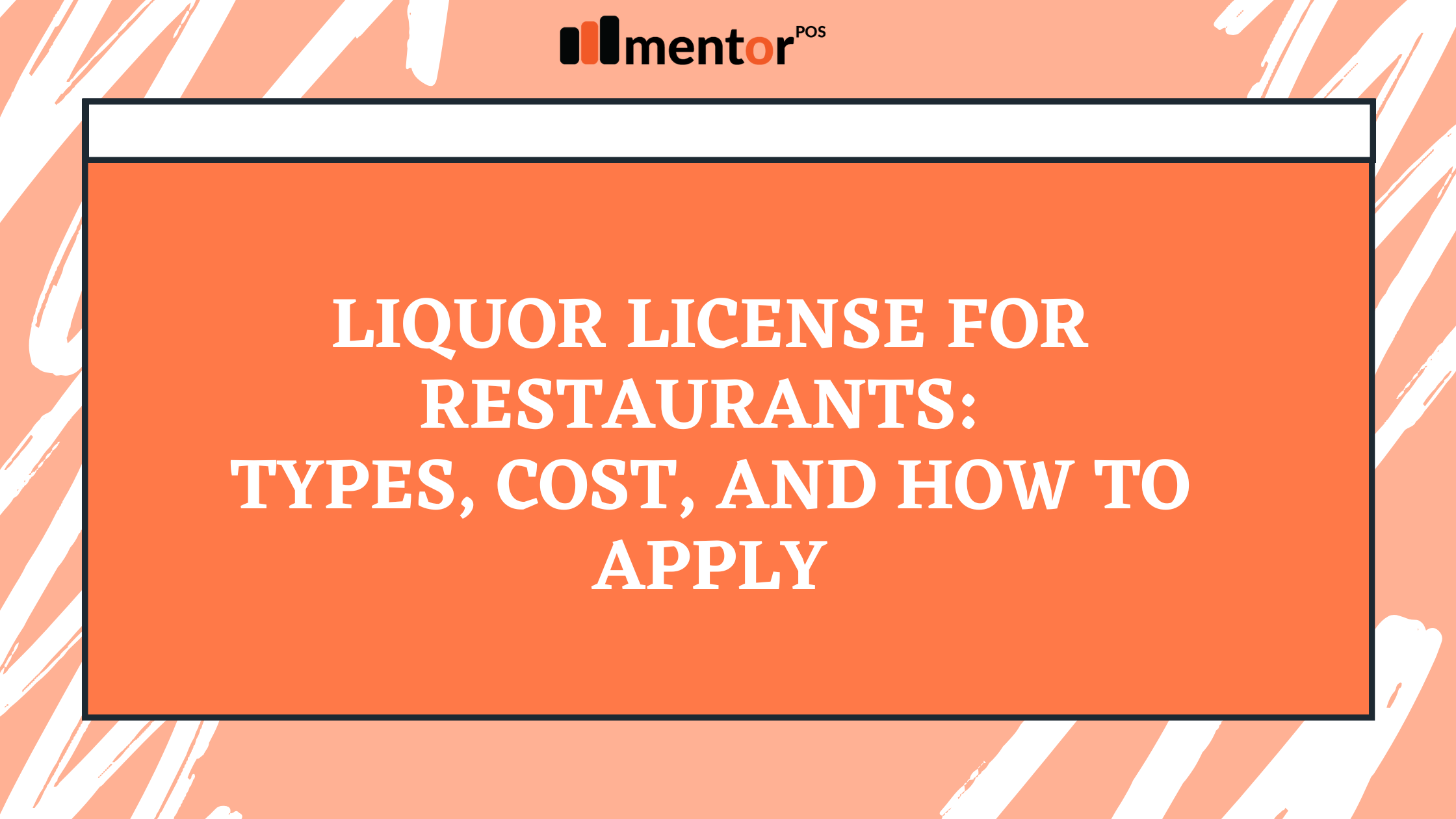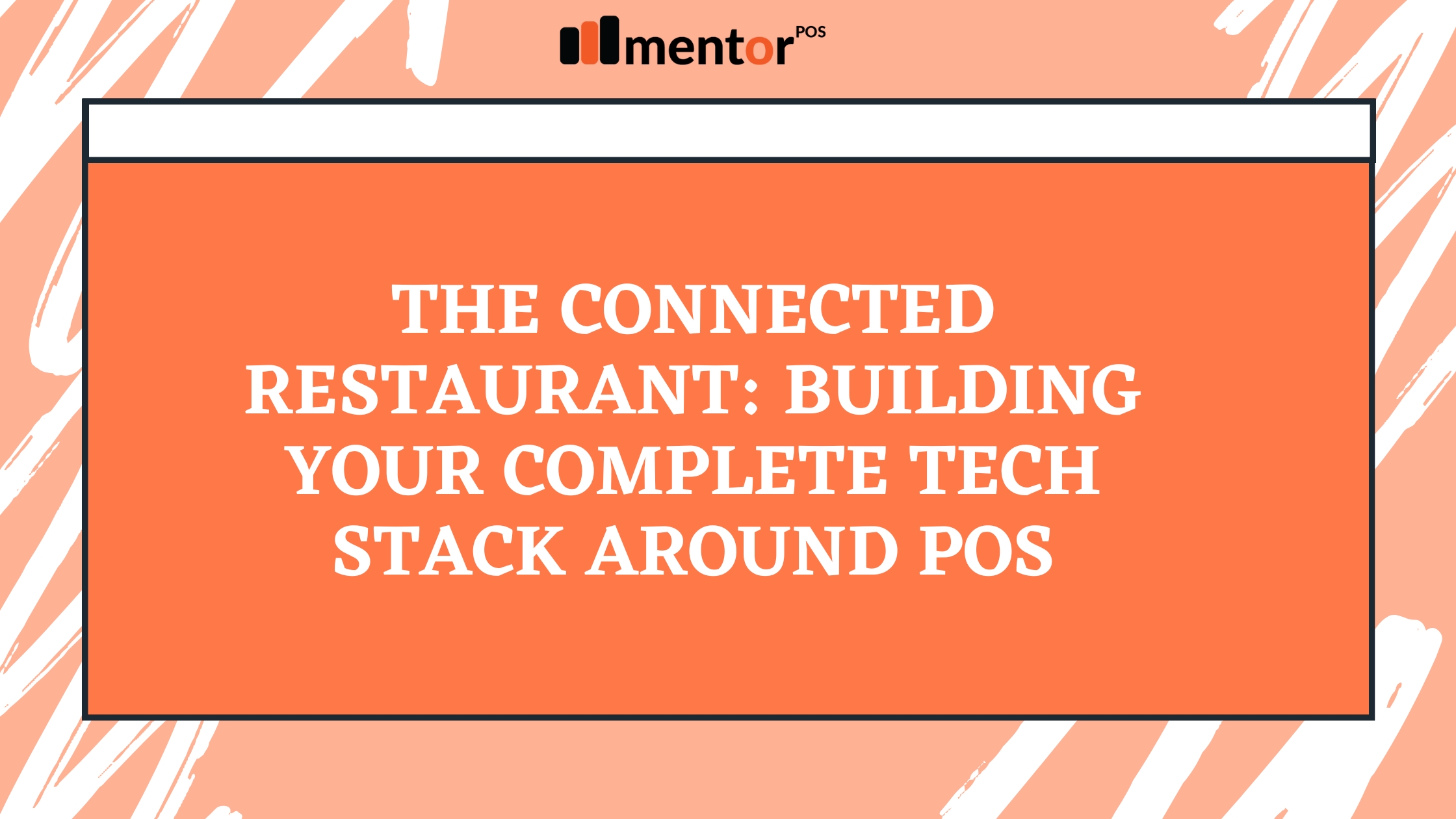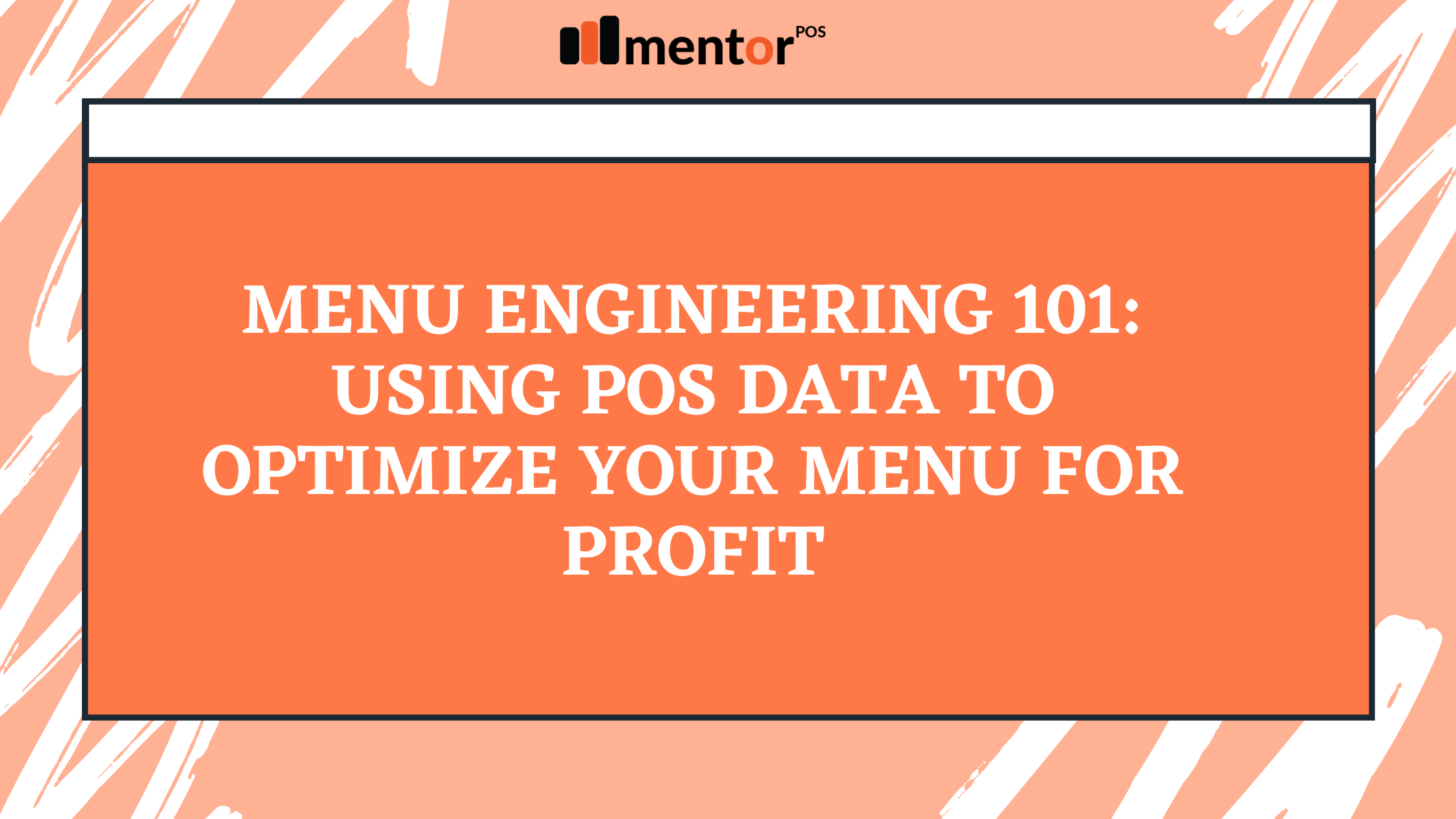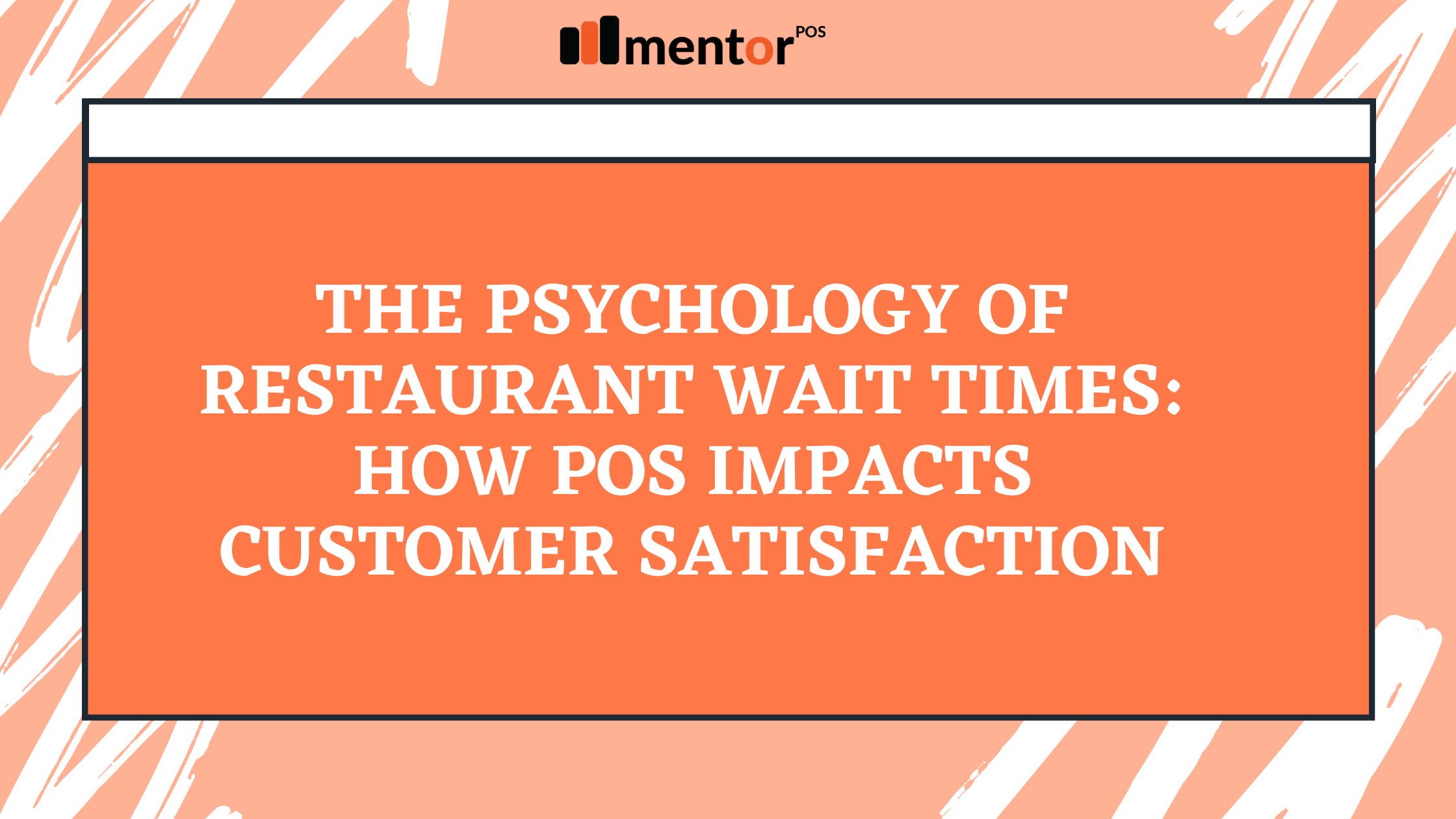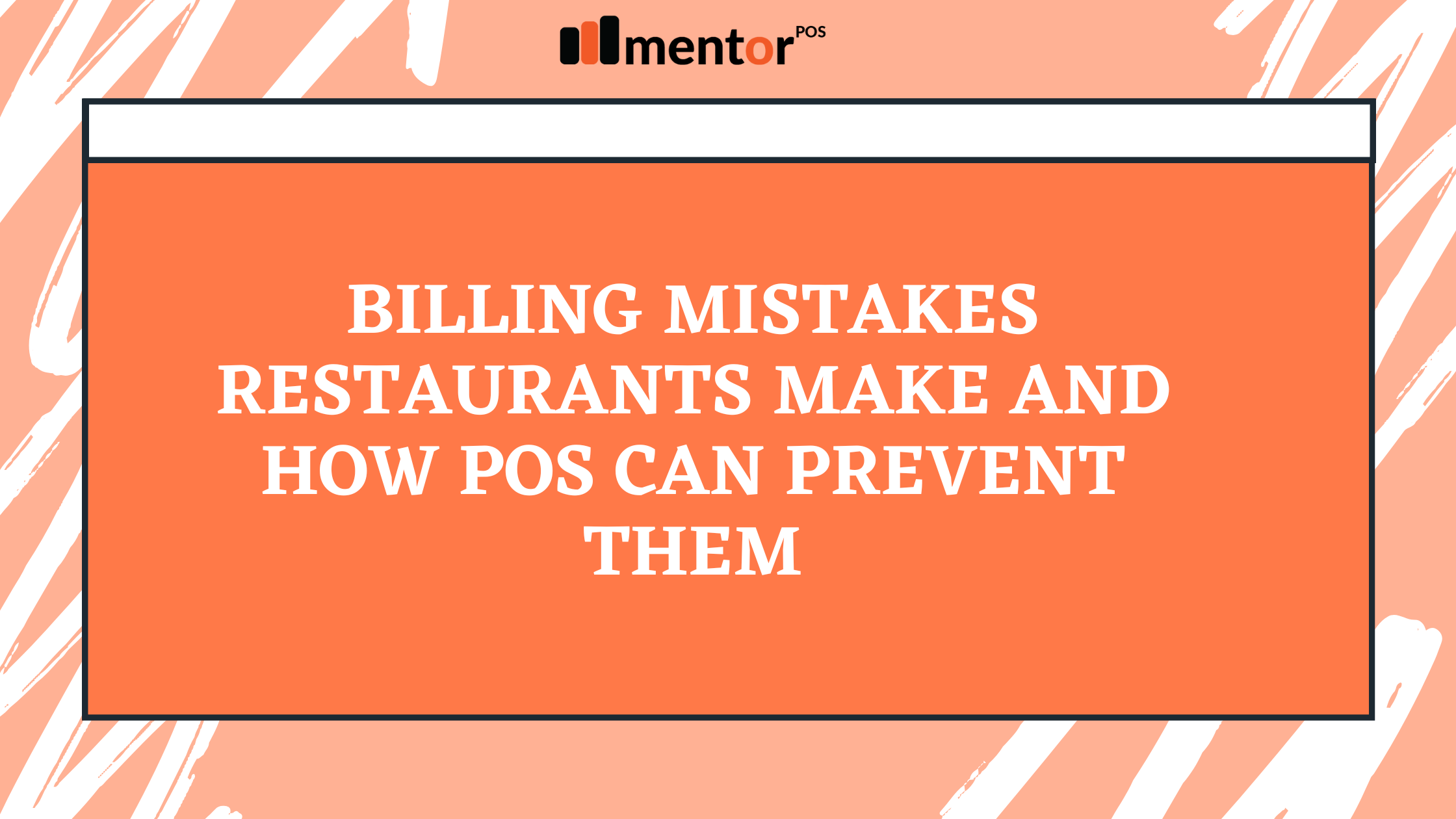Serving liquor in a restaurant can significantly enhance customer experience and boost revenue. However, alcohol sales are heavily regulated, which means restaurants must obtain the appropriate liquor license before serving beer, wine, or spirits. A liquor license not only ensures compliance with the law but also establishes credibility and professionalism for your restaurant. If you are planning to open or expand a restaurant that serves alcohol, understanding the types of liquor licenses, their costs, and the application process is crucial.
Why Restaurants Need a Liquor License
In most countries, selling alcohol without a valid license is a punishable offense that can lead to heavy fines, penalties, or even closure of the restaurant. A liquor license ensures that alcohol distribution is controlled, preventing misuse and safeguarding public safety. For restaurants, it also adds a competitive edge, as customers often prefer dining experiences where they can enjoy wine with meals or celebrate with cocktails.
Additionally, licensed restaurants can host events, create special bar menus, and offer curated pairings, all of which can increase revenue streams. Simply put, a liquor license isn’t just a legal requirement; it’s an investment in your restaurant’s growth.
Types of Liquor Licenses for Restaurants
The type of liquor license you need depends on your restaurant’s location, menu, and the kind of alcohol you intend to serve. While categories vary from state to state (or country to country), the following are the most common types:
1. Beer and Wine License
This license permits restaurants to serve beer and wine but excludes hard liquor and spirits. It’s ideal for casual dining establishments, cafés, and family-friendly restaurants that want to offer limited alcoholic options.
2. Full Liquor License (On-Premise Consumption)
Also known as a general license, this permits the sale of beer, wine, and spirits. It is most suitable for fine-dining restaurants, pubs, and establishments with a full-service bar.
3. Tavern License
Some states issue a tavern license if alcohol sales are expected to make up more than a certain percentage of overall revenue. Restaurants that function partly as bars often apply for this type.
4. BYOB License (Bring Your Own Bottle)
In certain regions, restaurants without a full liquor license may allow customers to bring their own wine or beer. This requires a special permit in many areas.
5. Special Event License
If your restaurant is hosting a one-time event such as a food festival, wedding, or corporate gathering, a temporary liquor license may be obtained.
Understanding which category applies to your restaurant is the first step before moving forward with the application process.
Cost of a Liquor License
The cost of a liquor license varies widely based on geography, type of license, and government regulations. Here are some key factors affecting the cost:
- Location: Licensing fees differ from state to state and city to city. For example, licenses in metropolitan areas often cost more than in small towns.
- Type of License: A simple beer-and-wine license is usually cheaper than a full liquor license.
- Application Fees and Renewals: Most jurisdictions charge an initial application fee along with annual or biannual renewal costs.
- Quota Systems: In some states, liquor licenses are limited in number. When demand is high, prices can skyrocket, and licenses may even be sold at auctions.
On average, the cost of a basic beer-and-wine license can range from ₹25,000 to ₹1.6 lakh annually, while a full liquor license can range anywhere from ₹3.3 lakh to over ₹3.3 crore, depending on the region. Additionally, restaurants should account for compliance costs such as background checks, inspections, and legal consultation.
How to Apply for a Liquor License
Applying for a liquor license involves several steps, and patience is key since the process can take months. While requirements vary by jurisdiction, the general process usually includes the following:
1. Research Local Regulations
Start by identifying the licensing authority in your state or city. This could be the State Liquor Authority (SLA), Alcoholic Beverage Control Board (ABC), or a local municipal office. Review eligibility requirements, types of licenses, and documentation needed.
2. Choose the Right License
Decide whether your restaurant needs a beer-and-wine license, full liquor license, or special permit. The choice should align with your business model and target customers.
3. Prepare Documentation
Most applications require:
- Business registration documents
- Restaurant floor plan and seating capacity
- Zoning permits
- Food service license
- Tax identification number
- Background checks for owners and managers
4. Submit the Application
Applications are usually submitted online or directly to the local licensing authority. Fees must be paid at this stage.
5. Public Notification and Hearings
Many jurisdictions require restaurants to notify the community about their intent to serve alcohol. This could involve posting a notice at the restaurant, publishing an ad in a local newspaper, or attending a public hearing.
6. Inspections and Approval
Authorities may inspect your premises to ensure compliance with health, safety, and zoning laws. If all requirements are met, your license will be issued.
7. Renewal and Compliance
Most liquor licenses must be renewed annually or biannually. Staying compliant with serving regulations, age verification, and operating hours is essential to avoid suspension.
Challenges Restaurants Face in Getting a Liquor License
While obtaining a liquor license can be rewarding, the process is often complex. High costs, long wait times, and strict eligibility criteria can be challenging for small business owners. Additionally, licenses may be denied due to zoning restrictions (e.g., proximity to schools or religious institutions) or past violations by the applicant.
To overcome these hurdles, many restaurants seek assistance from consultants or legal experts who specialize in liquor licensing. This can help streamline the process and increase the chances of approval.
Final Thoughts
A liquor license is more than just a legal formality; it’s a business tool that can shape your restaurant’s success. Whether you’re planning a cozy café with wine options or a full-service fine-dining establishment with signature cocktails, choosing the right type of license is crucial. While the costs and paperwork may seem daunting, the long-term benefits of enhanced customer experience and increased profitability make it worthwhile.
If you’re considering applying for a liquor license for your restaurant, start early, research thoroughly, and ensure compliance with local laws. With the right approach, your restaurant can soon be serving not only delicious meals but also the perfect drinks to accompany them.
While obtaining a liquor license is a crucial step for compliance, efficiently managing and tracking your liquor stock is equally important—make it seamless with Mentor POS, your trusted partner in liquor management.

